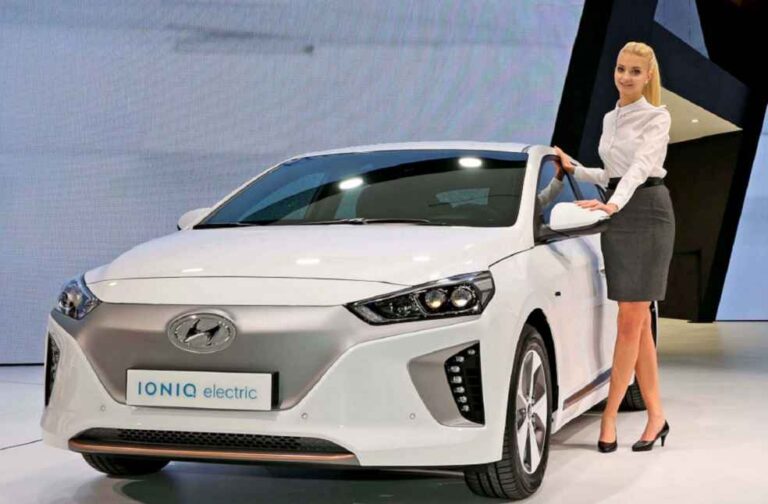Major foreign automakers like Mercedes-Benz and Tesla Inc., experienced a notable dip in sales in South Korea in H1 of 2023. This comes despite the country witnessing a 10.7% year-on-year surge in overall car sales, as per recent government data. A slump in EV sales was the primary driver behind the underperformance of these foreign automakers in the South Korean market, marking the first such decline in four years.
Data released by the Ministry of Land, Infrastructure and Transport, and the Ministry of Trade, Industry and Energy, shows the market share of foreign carmakers reduced by 2.5 percentage points to 15.3% in terms of newly registered cars during the first half of the year.
South Korean automakers, particularly Hyundai Motor Co. and Kia Corp., saw their EVs, such as the IONIQ 5 and 6, and EV6 respectively, outpace those of their international counterparts. The country’s overall vehicle sales climbed to 893,737 units in H1, with foreign car sales receding 3.1% to 134,414 units.

Tesla, whose Model 3 had once enjoyed substantial popularity, witnessed a sharp 44.7% year-on-year drop in its first-half car sales. Mercedes-Benz, too, saw a 9.6% decline in Korean sales over the same period, amid shipment delays and anticipation for the launch of the E-Class facelift, the most favored import car model in the country.
While the EV segment registered the highest growth rate among new cars up to the end of June, the share of imported EVs declined drastically from 35.9% in 2020 to just 19.5% at the end of June 2023. South Korean brands occupied the top seven spots among newly registered EVs, with Tesla’s Model Y ranking eighth.
The total number of EVs registered in South Korea rose by 19.3% compared to the end of 2022, reaching 465,000 units, marking the most significant half-year growth among all vehicle types. On the other hand, the number of LPG and diesel vehicles dropped by 2% and 1.3% respectively.

Currently, South Korea has 25.8 million cars registered, up 1% from the end of last year, equating to approximately one car for every two people. Notably, domestic carmakers comprised 84.7% of all registered cars as of end-June, a notable increase from 80.6% half a year earlier.
The Korea Automobile & Mobility Association predicts that imported car sales will fall by 9.7% to 280,000 units for the whole of 2023. On the contrary, Korean vehicle sales are expected to see a 6.65% boost, amounting to 1.46 million units.
These figures underline a significant shift in the South Korean automotive market, with domestic brands leading the way in the crucial EV sector. With environmental concerns and sustainability shaping global auto trends, this evolution offers an exciting outlook for South Korea’s growing dominance in the world of EVs.
AWJ CHOICE | China’s Tax Incentives Boost EVs and Autonomous Vehicles





